Canadian Conservative leader Pierre Poilievre is the top contender to replace Prime Minister Justin Trudeau as Canada's leader after the country holds its next election, according to betting markets.
Why It Matters
Trudeau is likely to resign as the leader of the ruling Liberal Party in the coming days, according to multiple reports.
If he does, his replacement will be the one to deal with increased tensions with the U.S. and President-elect Donald Trump's incoming administration. Trump has threatened to impose a 25 percent tariff on goods imported from neighboring Canada, which could raise prices for American consumers.
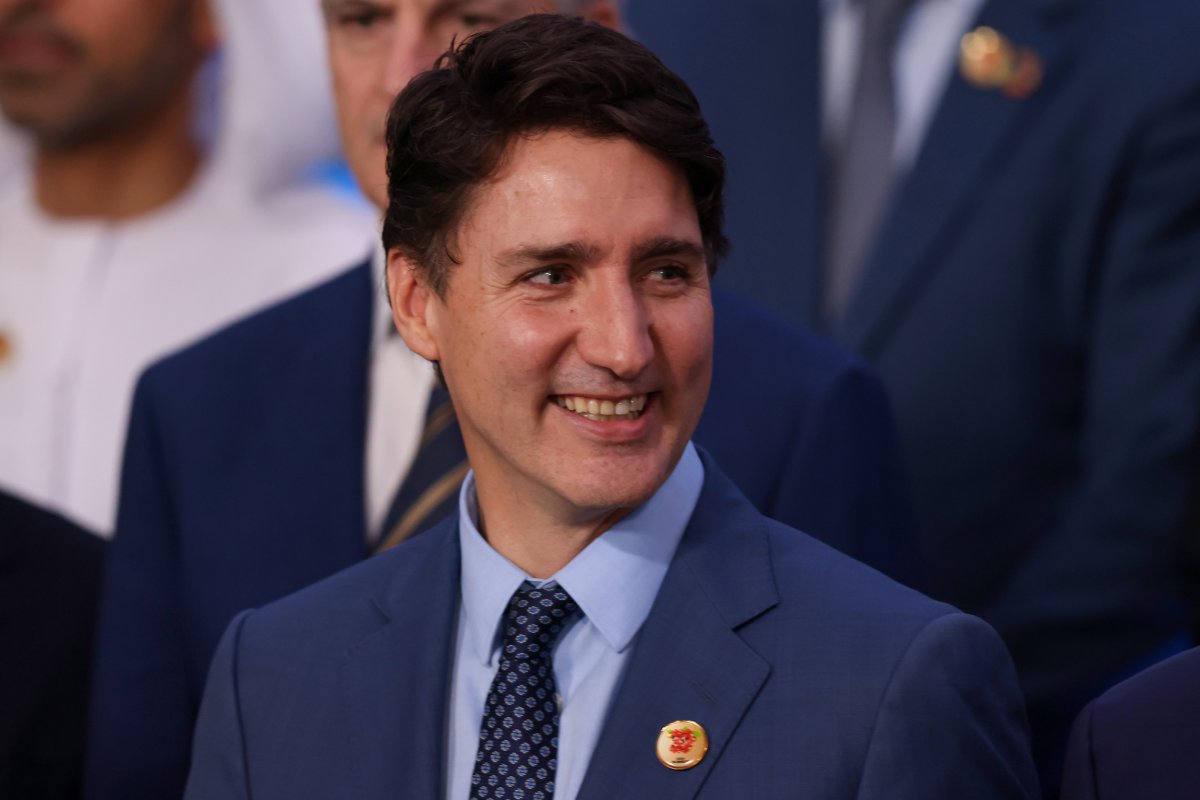
What To Know
Trudeau has been leader of the Liberal Party since 2013 and Canada's prime minister since 2015.
His popularity has waned as Canadians have grown frustrated with the rising cost of living and other issues including immigration. Trudeau has faced pressure to step down before the next parliamentary election as polls show his party would likely be swept out of power by the opposition Conservative Party.
Trudeau is expected to announce his resignation as leader of the Liberal Party as soon as Monday, The Globe and Mail reported, citing three unnamed sources. Newsweek has contacted Trudeau's office for comment via an email outside regular business hours.
If Trudeau does resign, it is not clear whether he would leave immediately or remain as prime minister until a new Liberal leader is chosen.
He has discussed with Finance Minister Dominic LeBlanc whether he would be willing to step in as interim leader and prime minister, The Globe and Mail reported, citing an unnamed source.
When Is Canada's Next Federal Election?
Canada's next federal election is set to take place on or before October 20, 2025.
The party that wins the most seats in the House of Commons will usually form a government, and that party's leader will become prime minister.
Who Could Be the Next Prime Minister?
Poilievre, the leader of the Conservative Party, is the favorite to become Canada's prime minister after the election, according to crypto-based prediction market Polymarket.
Polymarket, which forecast Trump's victory in the 2024 election, has given Poilievre a 92 percent chance.
Chrystia Freeland, who resigned from Trudeau's Cabinet in December prompting fresh calls for him to resign, has been given a 5 percent chance of becoming Canada's next prime minister by Polymarket. She is among the contenders who could replace Trudeau as leader of the Liberal Party if he steps down.
Jagmeet Singh, the leader of the New Democratic Party which Trudeau's Liberals have relied upon to stay in power, has a 2 percent chance of becoming the county's next leader, according to Polymarket.
Who Is Pierre Poilievre?
Poilievre, 45, has been the leader of the Conservative Party of Canada and the opposition since 2022. He has been a member of Parliament since 2004, representing Carleton, Ontario.
He served as former prime minister Stephen Harper's minister for democratic reform from 2013 until 2015 and as his minister of employment and social development in 2015.
He is "a life-long conservative, champion of a free market, and fighter for people taking ownership of and responsibility for their own futures," according to a biography on a campaign website.
He was born and raised in Calgary, Alberta, and graduated from the University of Calgary with a degree in International Relations. He and his wife Anaida have two children, Valentina and Cruz.

What People Are Saying
Poilievre said in an interview with Canadian psychologist and author Jordan Peterson an election must be held as soon as possible, even if it's in the middle of a leadership contest for Trudeau's replacement.
He said Liberal politicians calling for Trudeau to step down are doing it because they don't want to lose their jobs.
"Sorry, that's not a good reason to paralyze the entire country in the face, by the way, of a major negotiation with the incoming U.S. president who enters with a massive and powerful mandate and a man who has proven that he can spot weakness from a mile away so the country should not be forced to wait for the Liberal Party to clean up its own mess," he said.
"What we need now is certainty and the only way that can come is through an election so the people can decide."
Freeland in her resignation letter to Trudeau said they had found themselves "at odds about the best path forward for Canada."
She wrote: "Our country today faces a grave challenge. The incoming administration in the United States is pursuing a policy of aggressive economic nationalism, including a threat of 25 percent tariffs. We need to take that threat extremely seriously. That means keeping our fiscal powder dry today, so we have the reserves we may need for a coming tariff war. That means eschewing costly political gimmicks, which we can ill afford and which make Canadians doubt that we recognize the gravity of the moment."
Singh called for Trudeau to resign in a December letter that said he would introduce a no-confidence motion when the House of Commons returns from a break on January 27.
"Justin Trudeau failed in the biggest job a Prime Minister has: to work for people, not the powerful," he wrote. "The Liberals don't deserve another chance. That's why the NDP will vote to bring this government down, and give Canadians a chance to vote for a government who will work for them."
Trudeau said in a speech at the Liberals' holiday party in December: "It's hard not to feel happy when we're like this, with Liberals, among family. Because that's what we really are. A big family. Like most families, sometimes we have fights around the holidays. But of course, like most families, we find our way through it."
What's Next
The Globe and Mail reported that sources expect an announcement from Trudeau to come before a meeting of Liberal politicians on Wednesday. Trudeau's published schedule for Monday says that he will virtually participate in a meeting of the Cabinet Committee on Canada-U.S. relations.
If Trudeau resigns, it would leave the Liberal Party without a permanent leader before the election. The Liberal Party national executive, which decides on leadership issues, is set to meet this week, likely after the Wednesday caucus meeting.
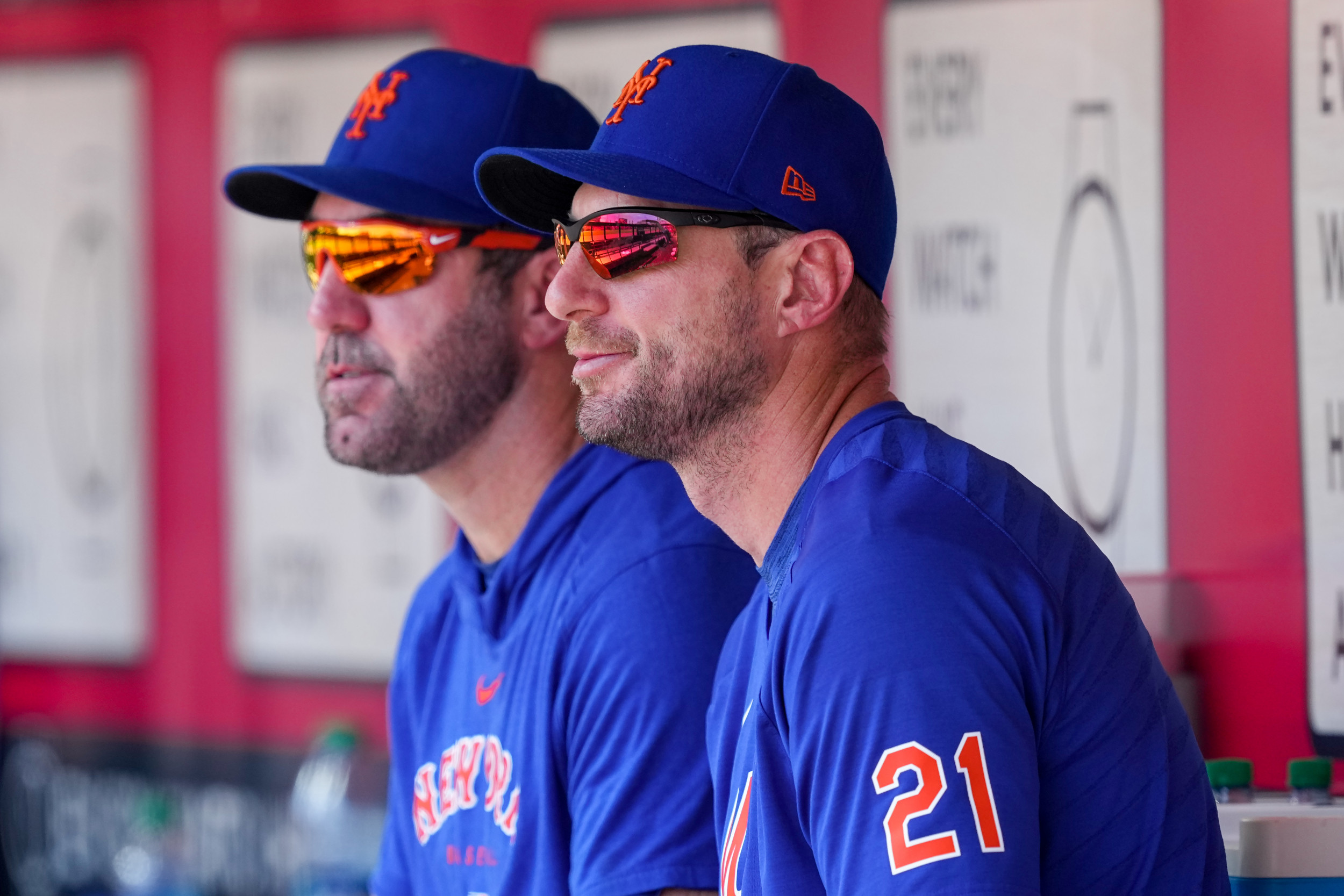
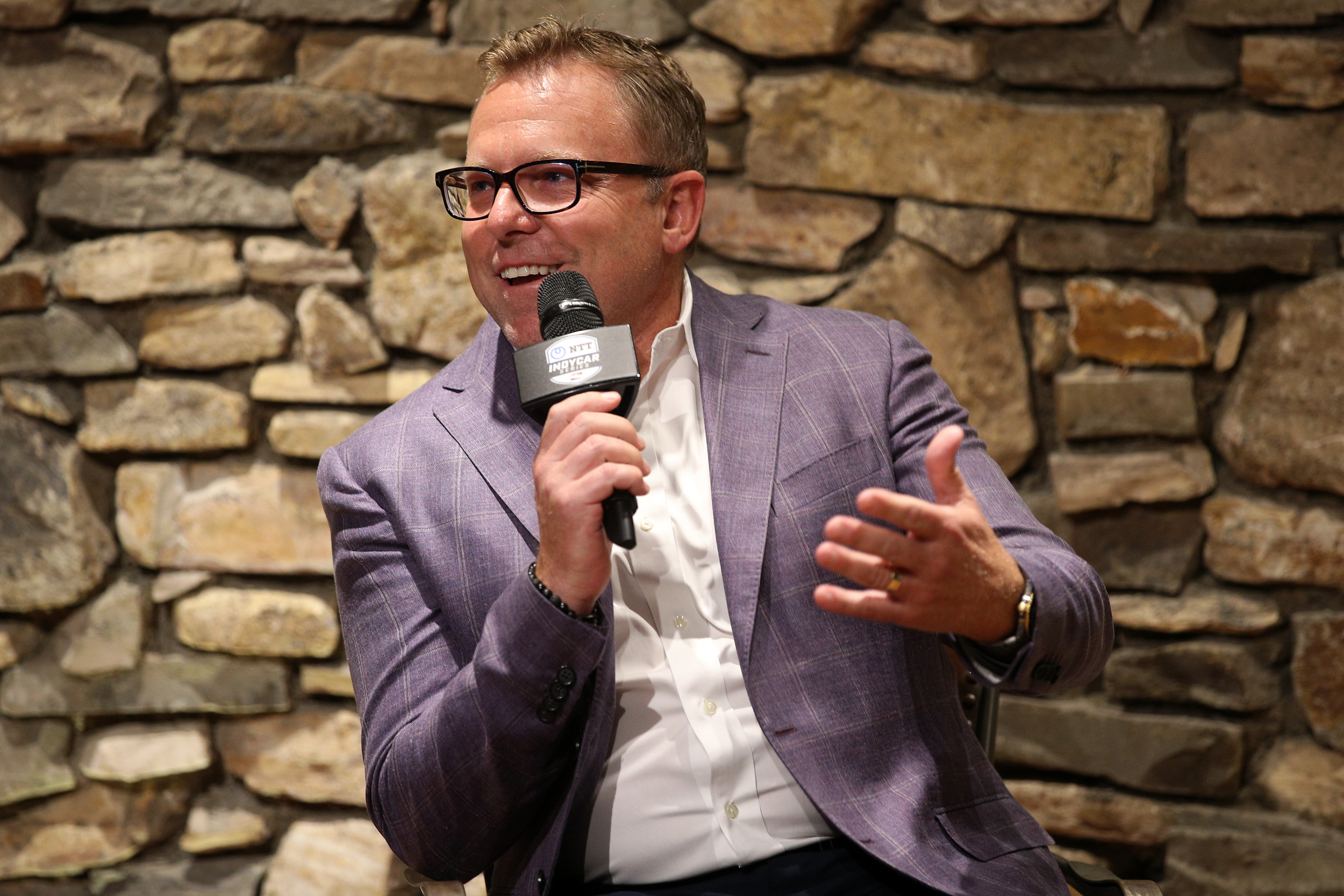
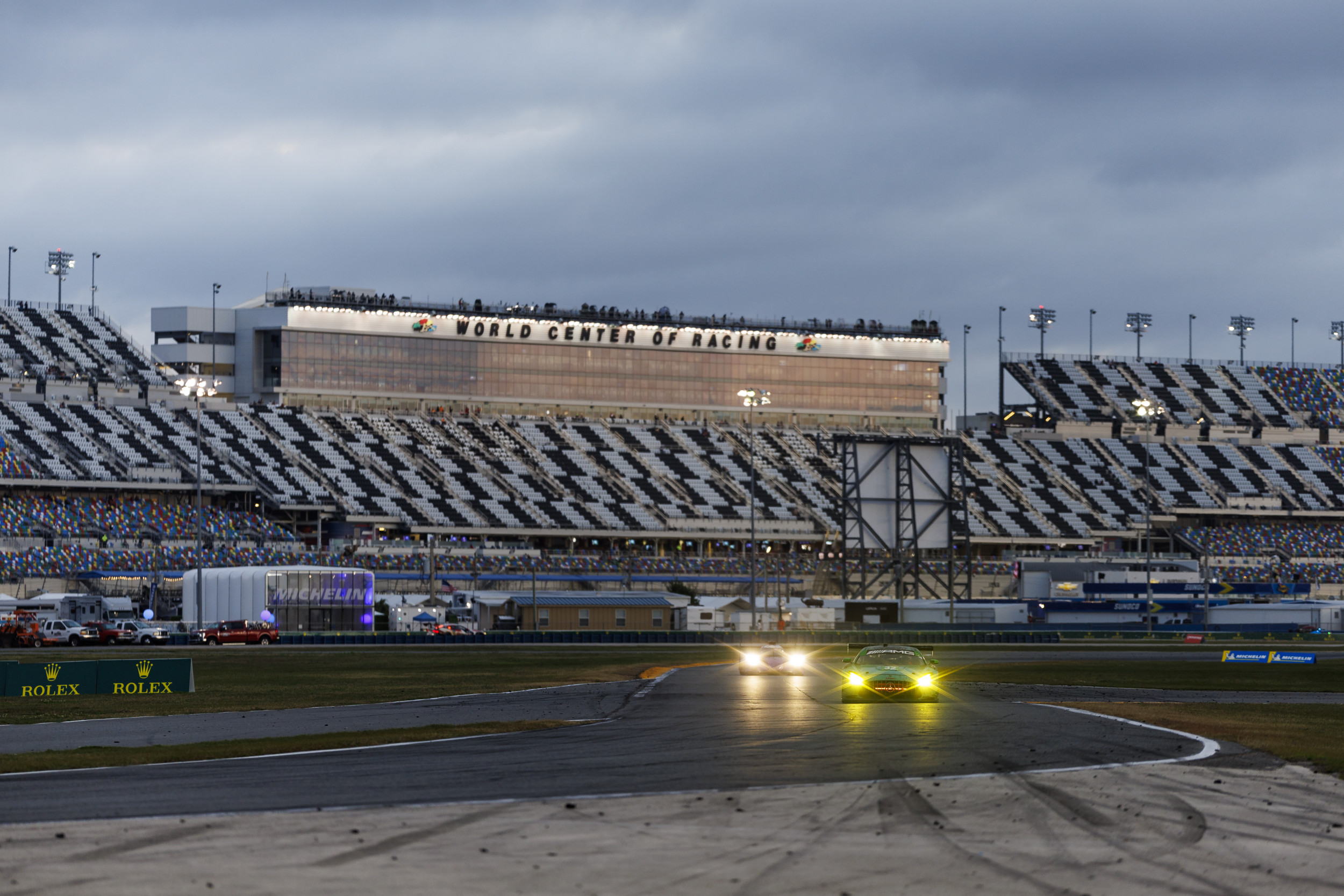

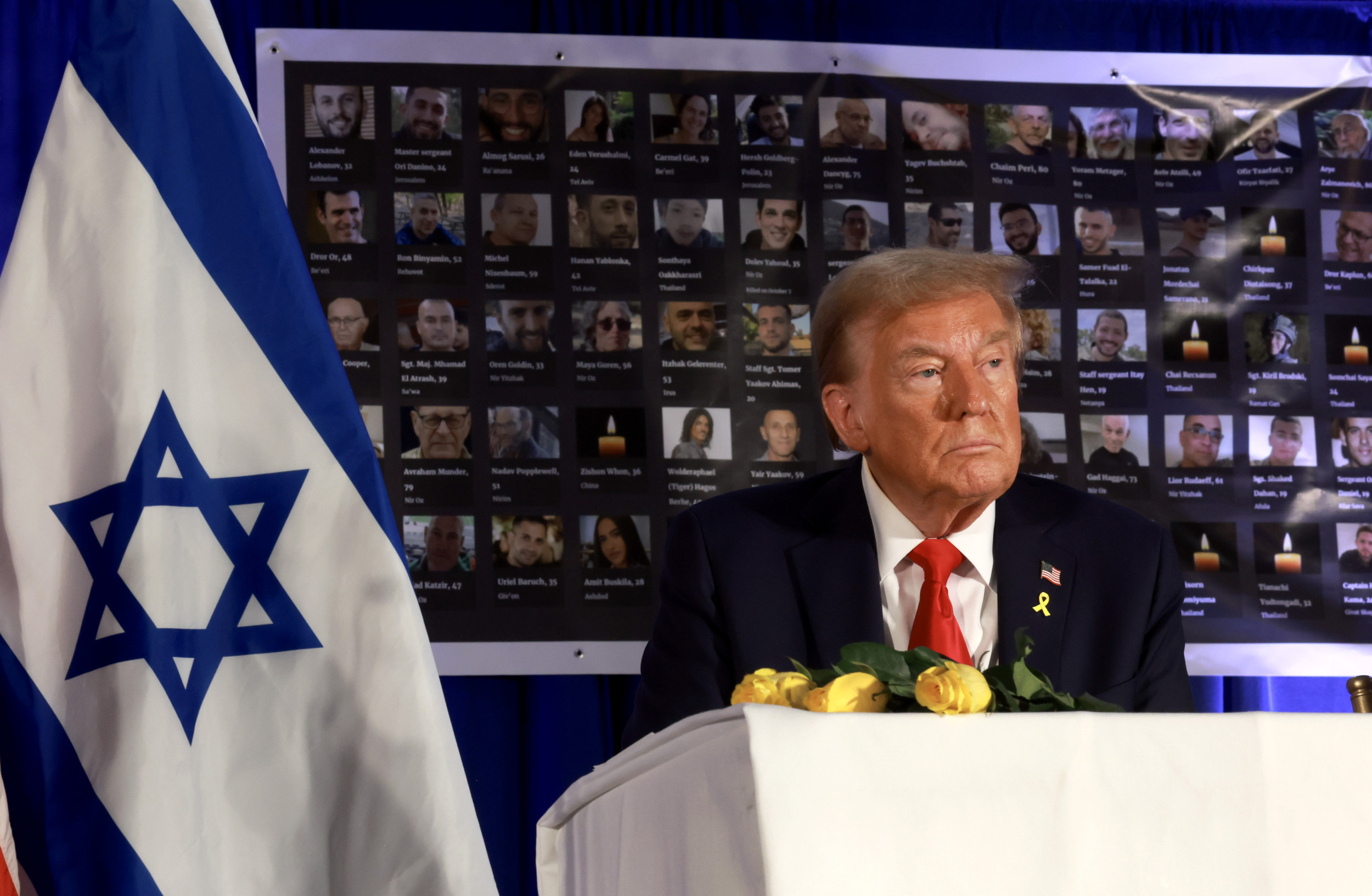

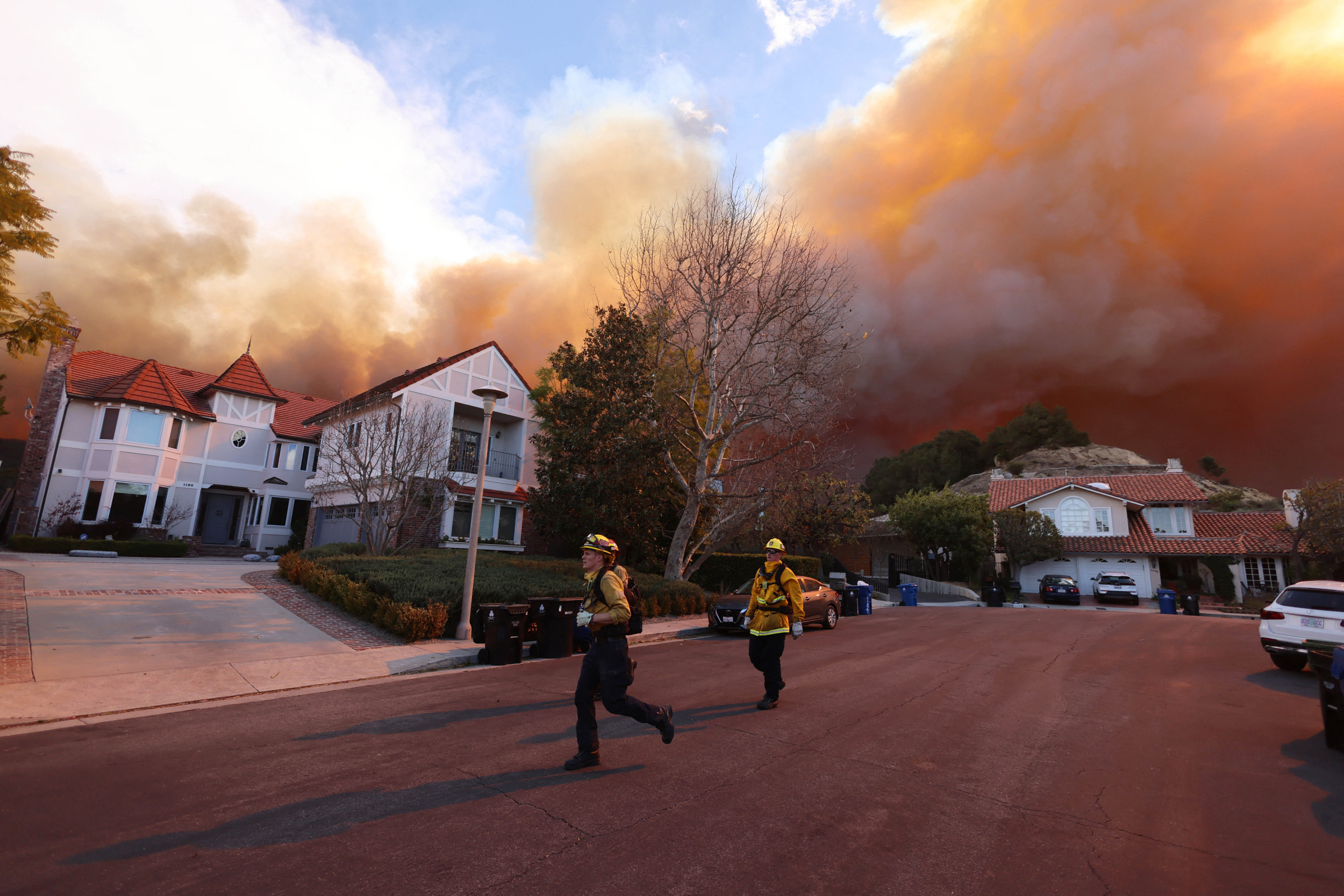
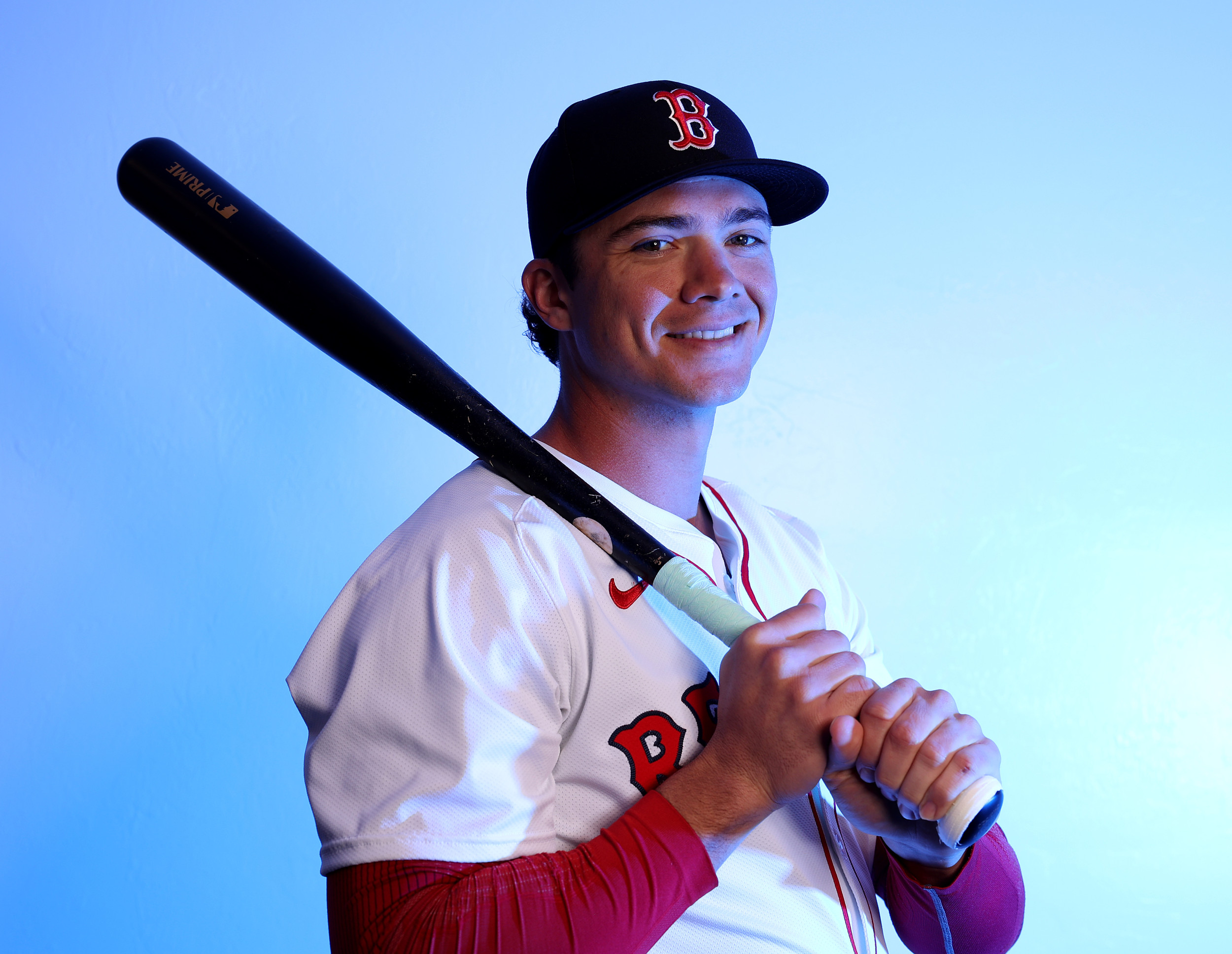


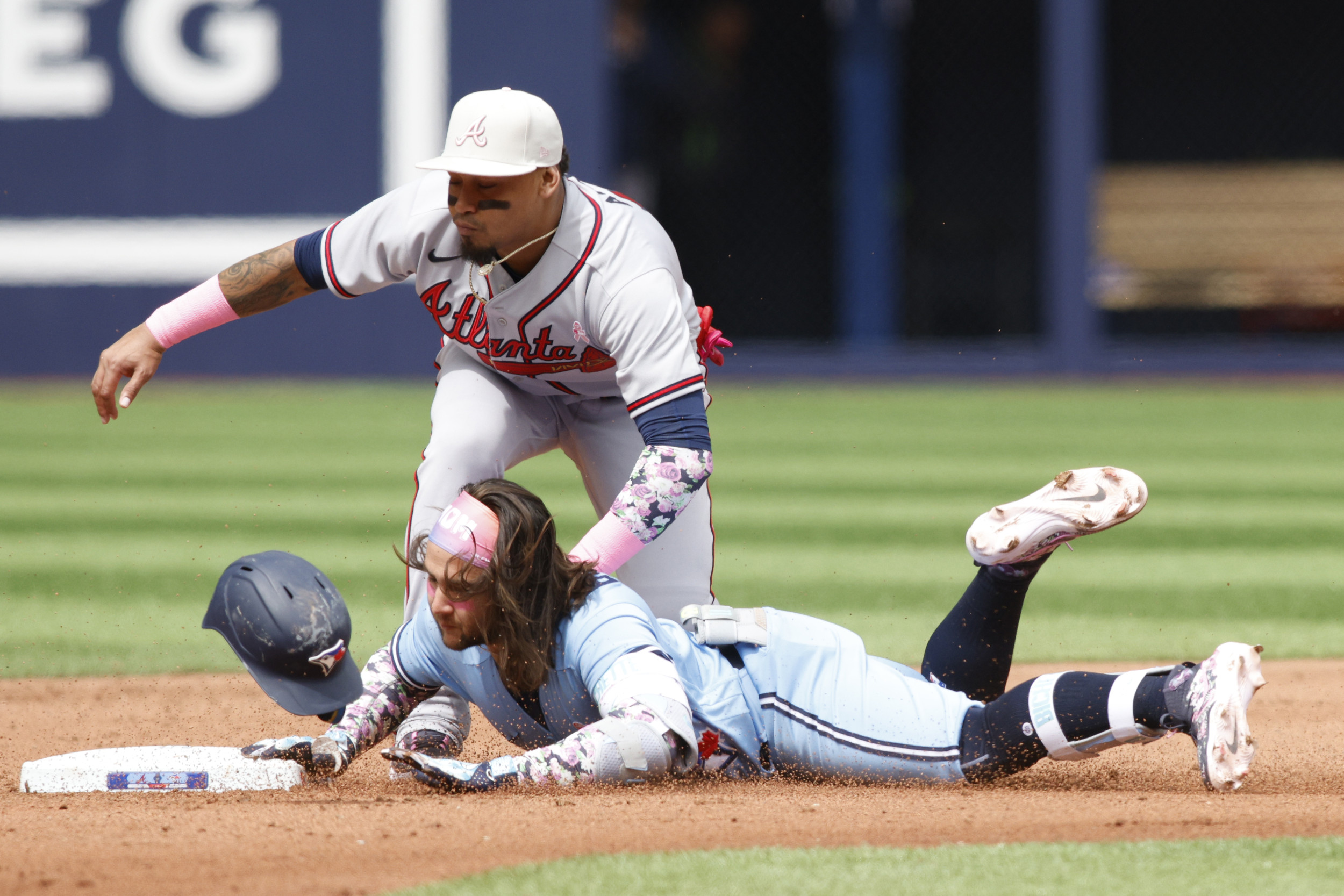
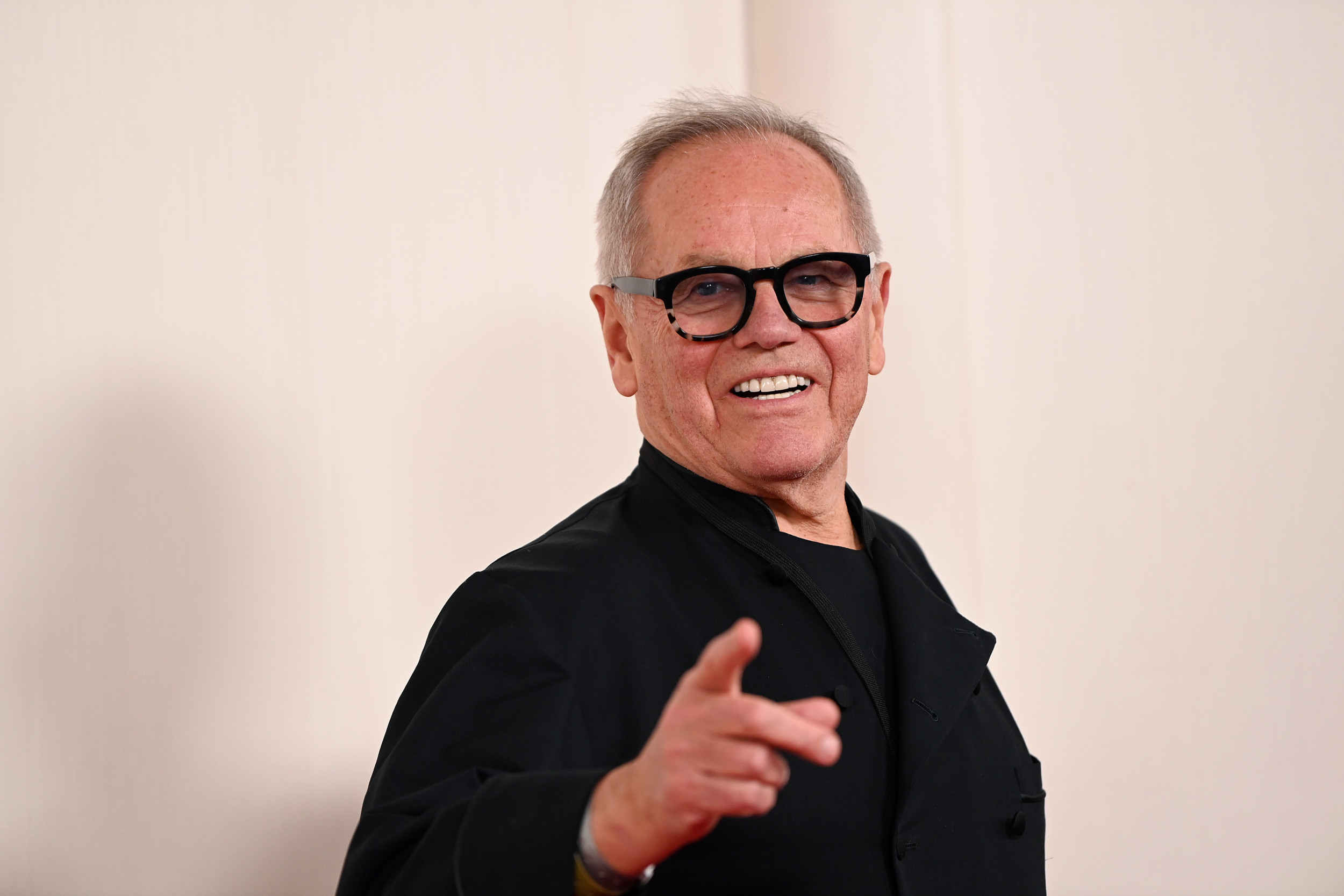








 English (US) ·
English (US) ·